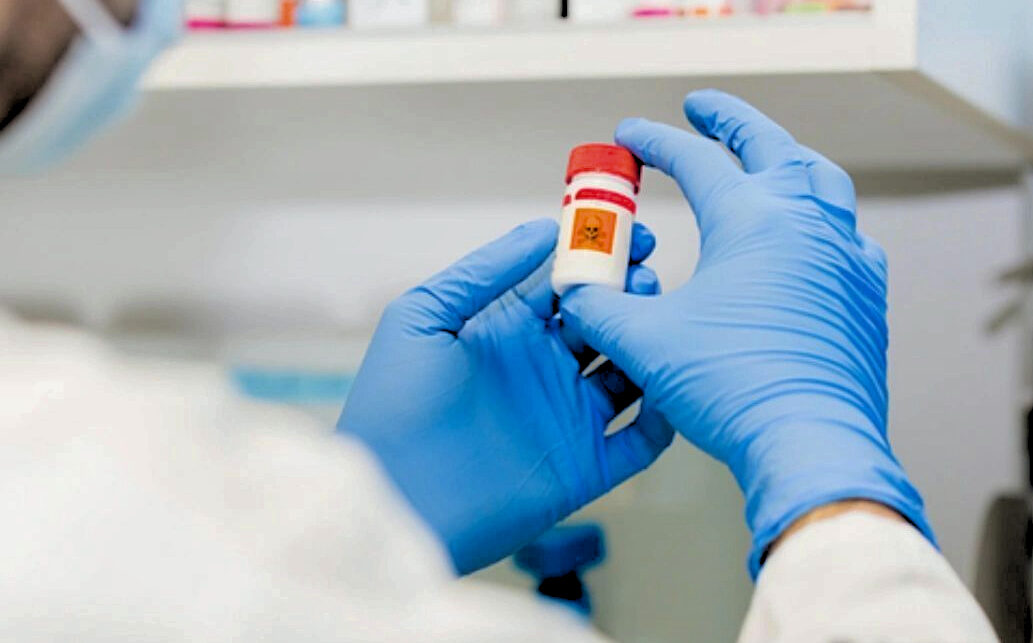
Chibuike Okafor: Just Touching Some Anticancer Drugs Can Lead to Cancer
Chibuike Okafor, Pristine eTutor, shared on LinkedIn:
“Just Touching Some Anticancer Drugs Can Lead to Cancer!
Imagine a supervillain disguised as a lifesaving hero—meet Cyclophosphamide, the chemotherapeutic agent with a dark side. Known for battling cancers, this drug is a molecular double agent. Just a touch, sniff, or accidental brush against this powerful compound could turn your cells into a battlefield. How, you ask? Let’s dive into this captivating tale of molecular espionage, where every molecule has a mission and every exposure a potential plot twist.
Cyclophosphamide starts its journey as an innocent prodrug, but once it enters the body, liver enzymes transform it into deadly active metabolites: phosphoramide mustard and acrolein. These sneaky agents infiltrate your cells, targeting DNA. They latch onto the double helix, creating cross-links that jam the genetic machinery. The result? A cellular SOS signal that screams, ‘DNA damage detected!’ The cell either goes into self-destruct mode or, in a sinister twist, starts mutating.
Now, here’s the kicker: this transformation can happen even if you just touch cyclophosphamide. Yes, through the skin! The drug can slip through the epidermal defenses like a master thief. Imagine a fine powder or liquid—cyclophosphamide or its metabolites—making contact with your skin. The drug molecules, like stealthy ninjas, traverse the skin layers, enter the bloodstream, and circulate through your body, ready to unleash their DNA-altering havoc.
How much exposure does it take? Even small, repeated doses can accumulate, creating a toxic buildup. One brush with cyclophosphamide might not instantly turn you into a medical case study, but regular contact increases your risk exponentially. Think of it like a spy collecting intel—each encounter adds to the dossier, and eventually, the evidence is overwhelming.
To detect if Cyclophosphamide is on its clandestine mission within you, urine tests are your best detective tool. Metabolites of the drug can be tracked in your urine, serving as molecular fingerprints of exposure. Regular monitoring can reveal if you’ve had a clandestine encounter with this chemotherapeutic spy.
But fear not, for even spies can be countered. The antidote to Cyclophosphamide’s dirty work? Mesna! This agent neutralizes acrolein, one of Cyclophosphamide’s toxic minions, protecting your bladder from its harmful effects. And for overall protection, antioxidants like N-acetylcysteine (NAC) bolster your cellular defenses, repairing DNA damage and detoxifying your cells.
Some other culprit cytotoxics that do this are ifosfamide, tenoposide, busulfan, chlorambucil and some more!
So, next time you encounter Cyclophosphamide, don your protective gear like a superhero suiting up for battle. With gloves, gowns, and masks, you create an impenetrable barrier against this molecular adversary. Remember, in the world of cytotoxic drugs, vigilance is your best defense. Stay safe, stay smart, and keep the chemical spies at bay!”
Source: Chibuike Okafor/LinkedIn
-
Challenging the Status Quo in Colorectal Cancer 2024
December 6-8, 2024
-
ESMO 2024 Congress
September 13-17, 2024
-
ASCO Annual Meeting
May 30 - June 4, 2024
-
Yvonne Award 2024
May 31, 2024
-
OncoThon 2024, Online
Feb. 15, 2024
-
Global Summit on War & Cancer 2023, Online
Dec. 14-16, 2023

